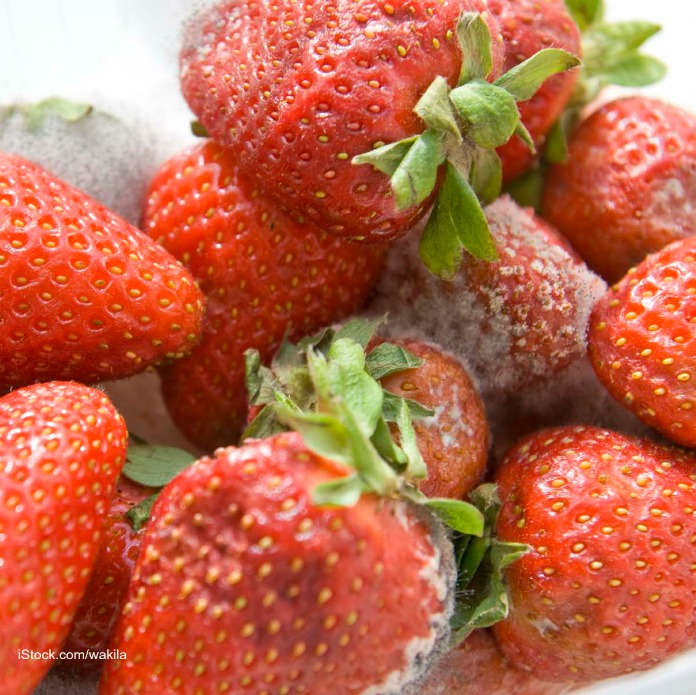Bacteria killing packaging that can keep food fresh for a longer period of time has been developed at the Nanyang Technological University (NTU) in Singapore and Harvard T.H. Chan School of Public Health in the United States. The smart packaging is biodegradable, sustainable, and kills harmful pathogens. In tests, the packaging extended the shelf life of fresh fruit by two to three days.

The packaging is made from a type of corn protein called zein, which was combined with starch and other naturally derived polymers. The scientists added natural antimicrobial compounds that included oil from thyme and citric acid.
When the fibers in the packaging were exposed to an increase in humidity or to enzymes derived from pathogens, they released antimicrobial compounds. Those compounds killed bacteria such as Listeria monocytogenes and E. coli as well as fungi, which causes mold on fresh produce. The release of those compounds only occurred under those specific conditions, which means that the packaging could last for months and should work multiple times when exposed to bacteria.
In controlled experiments, strawberries that were wrapped in the bacteria killing packaging did not start to develop mold for seven days. Strawberries in the same environment that were packaged in conventional materials only stayed fresh for four days before developing mold.
Professor Mary Chan, Director of NTU’s Centre of Antimicrobial Bioengineering, said in a statement, ”
This invention would serve as a better option for packaging in the food industry, as it has demonstrated superior antimicrobial qualities in combatting a myriad of food-related bacteria and fungi that could be harmful to humans. The packaging can be applied to various produces such as fish, meat, vegetables, and fruits. The smart release of antimicrobials only when bacteria or high humidity is present, provides protection only when needed thus minimising the use of chemicals and preserving the natural composition of foods packaged.”
This research is part of the University’s efforts to promote sustainable food tech solutions. The researchers at the two schools work together on applications in agriculture and food. Their focus is to develop non-toxic and environmentally safe nano materials for food. The packaging industry is the largest consumer or plastics made from fossil fuels. And food packaging comprises most of plastic waste. The study was published in the peer-reviewed academic journal ACS Applied Materials & Interfaces.




